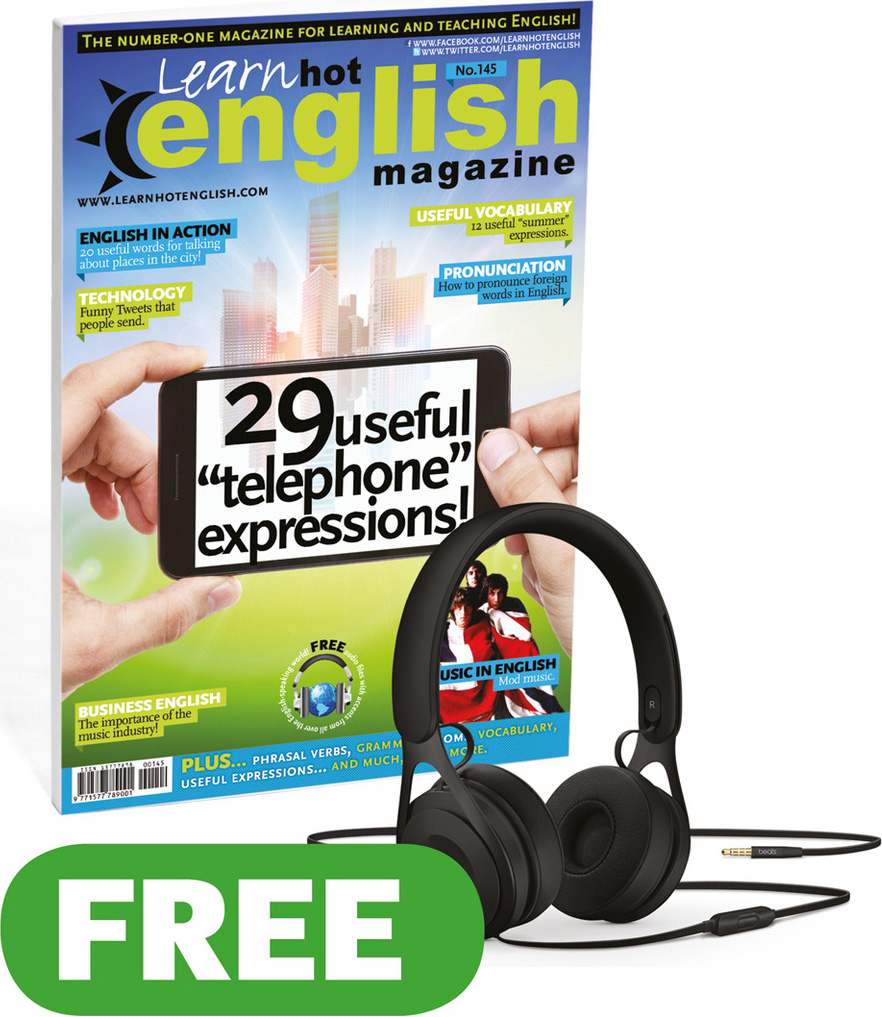Gerunds and infinitives! The 5 secrets to learning
In this lesson, we’re going to look at the 5 secrets of gerunds and infinitives. By the end of this lesson, you’ll be able to use gerunds and infinitives confidently and fluently.
Many of my students make mistakes with gerunds and infinitives. I try to help them by giving them these 5 simple rules. There are lots of other rules, but I think these are the most useful and practical!
So, before we start…
What is a gerund and an infinitive?
- A gerund is when we put –ing at the end of a verb. For example: play-playing, read-reading, walk-walking…
- And an infinitive is the base form of the verb: to play, to read, to walk…
If we want to follow a verb with another verb, this verb can be in the gerund or infinitive. For example:
- I like running in the park. [gerund]

- She wants to buy it. [infinitive]
Unfortunately, there’s no rule – you just have to learn which verbs go with which form. But here are my 5 secrets to understanding gerunds & infinitives. They’ve really helped my students!
Verb + verb in the gerund
Learn the top 5 verbs that are followed by a gerund. There are others, but these are 5 of the most common ones you need to learn:
- Avoid = I avoid talking to my boss on Monday morning.
- Like = She likes getting up early at the weekend.
- Enjoy = They enjoy studying in groups.
- Miss = I miss living in the city.
- Finish = He finished cooking the food in time for lunch.
-
Verb + verb in the infinitive
Here are the top 5 verbs that are followed by an infinitive. Of course, there are others, but these are some of the most common ones.
- Want = I want to leave in a few minutes.
- Agree = They agreed to do it again.
- Decide = She decided to buy the car.
- Promise = He promised to finish it by 6pm.
- Need = I need to take the book back to the library.
The following 3 rules are all about prepositions. Basically, if you see a preposition, the following verb will almost always be in the gerund. Let’s see a few examples!
-
Verb + preposition + verb in the gerund
- He left without saying goodbye.
- I feel like going to the cinema.
- She’s thinking about leaving him.
-
Adjective + preposition + verb in the gerund
- They’re angry about having to pay for it.
- She’s good at doing maths.
- They’re interested in learning more about it.
-
Noun + preposition + verb in the gerund
- They’re in danger of losing the competition.
- She didn’t explain her reasons for leaving the company.
- The advantages of living here are clear.
REMEMBER to watch the video as it’s got a real English conversation with some examples of the gerund.
Questions
Now, you’re going to watch a video with two people talking about cars and driving. Watch the video and complete the sentences with the correct words. Also, write down any examples of a verb + a verb in the gerund.
- Katie says she misses _______.
- Katie has lived in the city for about _______ years now.
- Her hometown is in the middle of a _______.
- She also likes the feeling of independence in a car, and being able to play your _______.
- She admits that it makes more sense to use public transport if you live in a _______.
Here are the answers:
- Katie says she misses driving.
- Katie has lived in the city for about three years now.
- Her hometown is in the middle of a forest.
- She also likes the feeling of independence in a car, and being able to play your music.
- She admits that it makes more sense to use public transport if you live in a city.
There are a couple of examples of the verb miss + a verb in the gerund:
“I miss driving / I miss being in a car…”
Now listen and read the script at the same time to develop your listening skills.
Glossary: pet peeve = something you don’t like or find annoying.
Speaking
Now it’s your turn! See if you can answer these questions using gerunds or infinitives. Good luck!
- What time do you like getting up at the weekend?
- What do you enjoy doing in the summer?
- What do you miss doing that you did a lot as a child?
- What do you want to do next summer?
- What did you decide to do yesterday evening?
- What have you promised to do lately?
- What do you need to do this weekend?
For more on Gerunds and Infinitive and a whole bunch more check out our English learning series, English Unlocked




